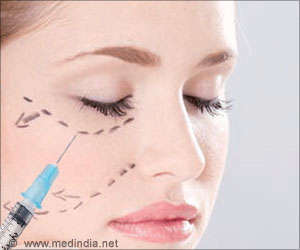Number three, in turn, interferes with the release of growth hormones. Similar treatments are also used by humans, although their efficacy concerning aging has not been sufficiently proven.
For the assessment in mice, the scientists developed a new answer to the question of how to measure aging. But the problem is that mice, like many other organisms, do not die from general old age, but from very specific diseases.
Advertisement
So, if you were to look at the whole genome for factors that make mice long-lived, you would like to find many genes that suppress tumor development – and not necessarily genes that play a general role in aging.
The Possibility of Treating Aging is not Just an Idle Fantasy
For their study, the scientists, therefore, chose an approach that does not emphasize lifespan but rather focused on a comprehensive investigation of age-related changes in a wide range of bodily functions.
The health check results in a compendium of hundreds of factors covering many areas of physiology – an exact description of the state of the animal at the moment of the examination. That’s exactly the approach the researchers applied to the animals subjected to one of the three treatment approaches that supposedly slow aging.
Across different life stages, they were analyzed and compared: How much does each parameter typically change at a given stage of life? And, do parameters change more slowly when the mice are given one of the three treatments? This study design makes it possible to determine precisely whether the natural aging process can be slowed and with it the deterioration of important physiological functions.
The results were unambiguous: Although the researchers were able to identify individual cases in which old mice looked younger than they were it was clear that this effect was not due to slowing down aging, but rather due to age-independent factors.
The fact that treatment already has its effect on young mice – before the appearance of age-dependent change in health measures – proves that these are compensatory, general health-promoting effects, not targeting aging mechanisms.
Researchers have now set their sights on the next goal: They want to investigate other treatment approaches that experts believe can slow aging. The researchers hope: the new research method will provide a more comprehensive picture of possible treatment approaches and their effectiveness.
Source: Eurekalert



